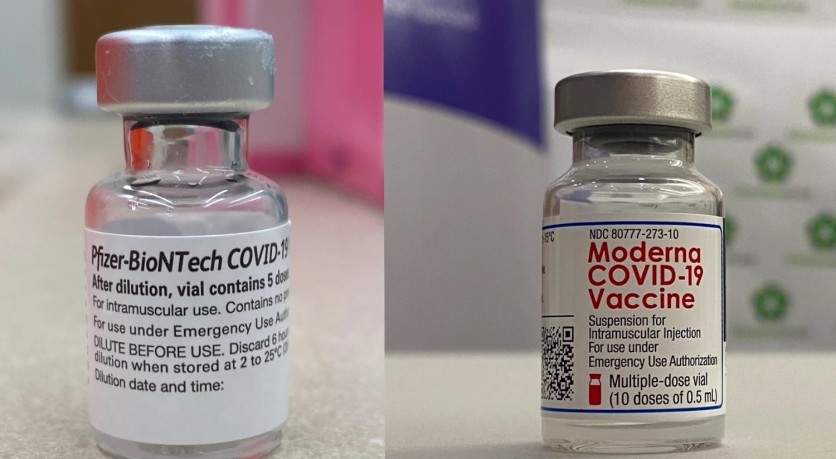
In the continuous tests to explore a pandemic solution, two of the most popular COVID-19 vaccines among many are Pfizer and Moderna. Before receiving vaccine shots from them, it is good to know their differences so we can compare how they vary from one another.
Pfizer vs Moderna: What Sets Apart From Each Other
Types of Vaccine
Both Moderna and Pfizer made use of the messenger mRNA (messenger ribonucleic acid) which is important to bring a cellular genetic code necessary to construct surface protein for the SARS-COV-2.
Upon activating the immune system through mRNA, spike proteins will interact with human cells which will be the built antibodies to fight the virus.
Vaccine efficacy
When it comes to efficacy, Moderna and Pfizer are just close to each other. But, the early stages after receiving vaccine shots played a vital role in this.
At 95% efficacy, the Pfizer vaccine is proven to be an effective solution after the patient received two shots. On the other hand, the Moderna was slightly short of Pfizer with its 94.1% efficacy after the same number of doses.
If a person's age is 65 and above, the latter's efficacy declines slightly compared to Pfizer which varies regardless of people's race and groups, Stat News reported.
However, it is significant to remember that the efficacies of these vaccines are not yet proven to the new mutation of the virus. Further clinical trials will still be conducted if Pfizer and Moderna could also be potential vaccines to the variants from Brazil, South Africa, the UK, and Malaysia.
Target Population
Pfizer is applicable for people who are 16 years old and above. Meanwhile, the Moderna vaccine can be used for 18 years old and beyond, but it is now exploring if it could be applied to 12 to 17-year-old people.
Amounts of Vaccine Per Dose
Pfizer and Moderna shared a similar vaccine requirement of two shots which was initiated by the first dose and the second one will be the booster shot.
For the former, the interval between the shots is 21 days, while Moderna requires 28 days. When it comes to their contents, Pfizer has 30 micrograms while the latter has a much larger dose of 100 micrograms, which is three times the first vaccine.
The high amount of vaccine dose, however, does not imply the effectiveness of it.
Side-Effects
Both vaccines are reported to have reactogenic effects on people. Usually, the side effects emerge when the second dose is applied. If you recently receive any vaccine shots from either Pfizer or Moderna, you may experience pain in joints and muscles, as well as headache, and fatigue.
Remember that side effects happen because it is how our immune systems react to the vaccine. There are still no recorded serious side-effects at the moment but it will still be studied continuously.
Storage Requirements
Pfizer posed a much more challenging task when it comes to storage. It requires a super-cold freezer which should be at -94°F. However, FDA issued that the vaccine is only good to store for two weeks. By the time, it is now ready to be injected into the patient.
On the other hand, Moderna should be kept between -13°F and 5°F in accordance with the recent recommendation of the experts.
Minimum Purchase Order
A particular site could only order 1,170 vaccine doses but, it still varies depending on the establishment. For a much bigger location, more doses could be required.
The minimum order of Moderna vaccine is 140 doses compared to 195 doses of Pfizer. The latter comes in six-dose vials while Moderna is packed in vials containing 14 doses.
Some Differences of Pfizer and Moderna to Johnson & Johnson's
The newest COVID-19 vaccine is applied via single shot compared to the two vaccines' two shots. When it comes to efficacy, it is also proven much more effective, specifically in fighting the South African variant of the virus.
For the storage, Johnson & Johnson's does not require ultra-cold conditions for storage. You can keep it in a typical freezer of your refrigerator at home and it can last for three months.
When it comes to side effects, The New York Times reported that the new vaccine does not trigger any possible effects after the second dose.
Related Article: Johnson & Johnson Single Shot COVID-19 Vaccine Approved by FDA for 18 Years Old and Above
This article is owned by Tech Times.
Written by Joen Coronel
ⓒ 2026 TECHTIMES.com All rights reserved. Do not reproduce without permission.




